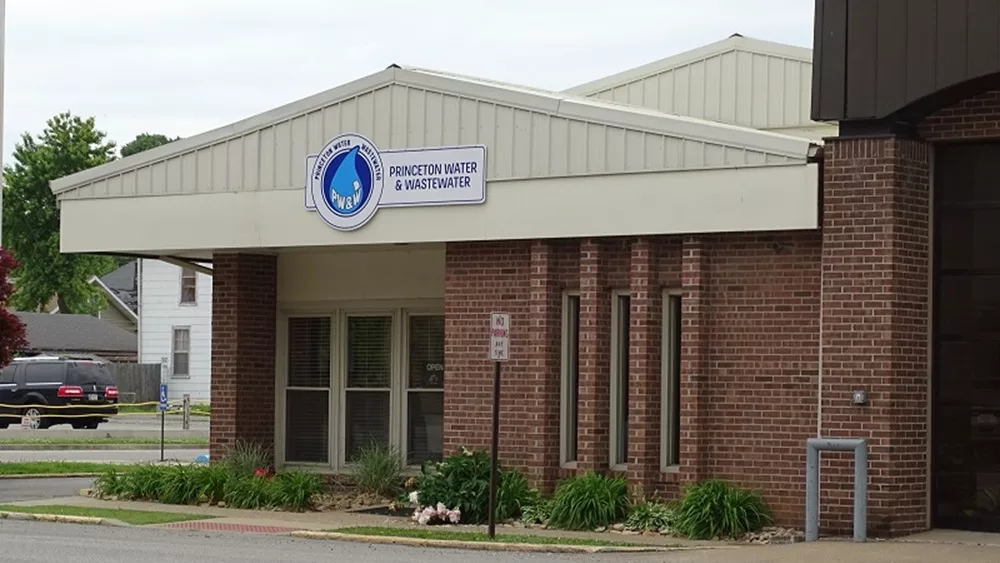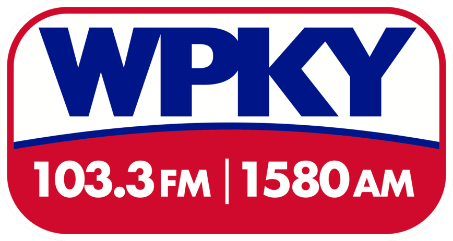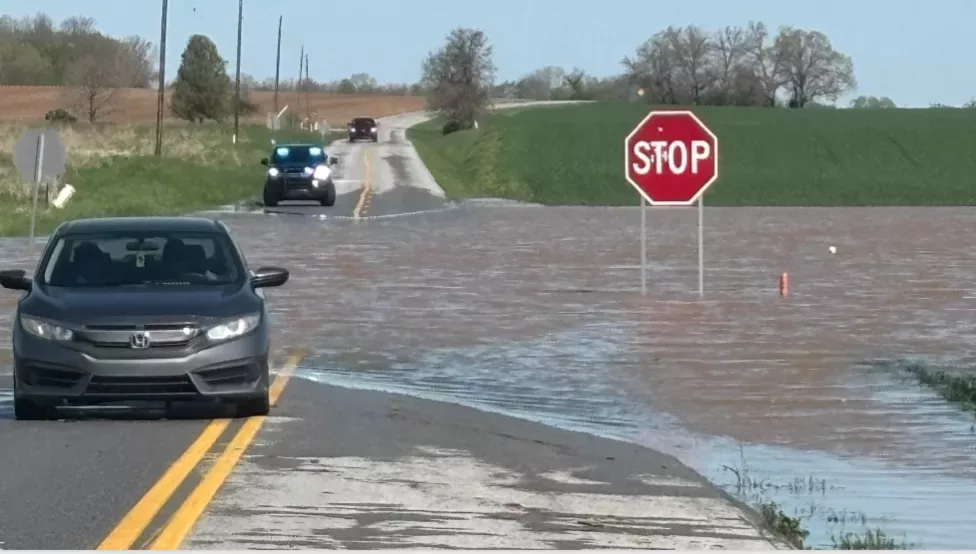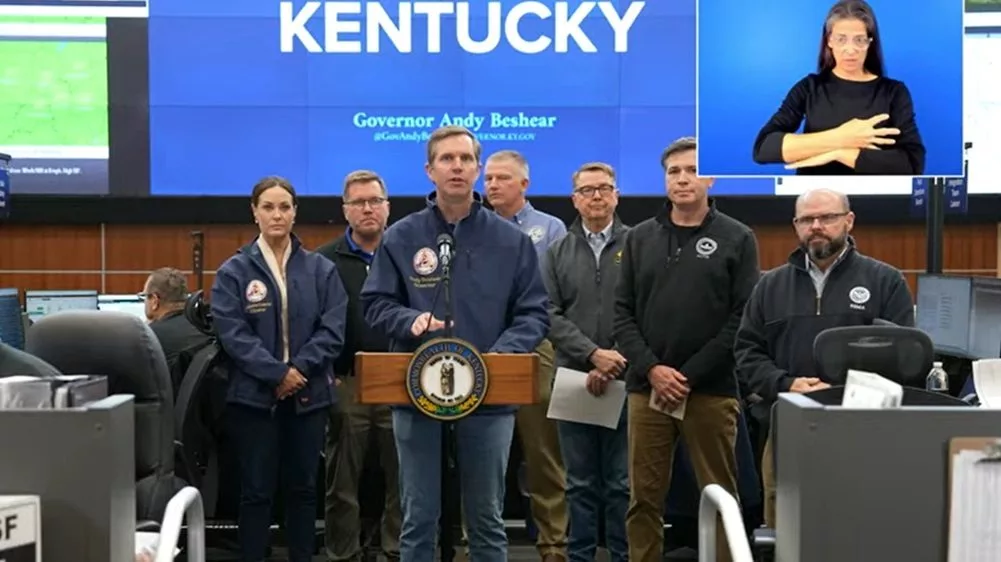
Princeton Water & Wastewater Superintendent James Noel has addressed the complaints they have received over the last few weeks about the water’s earthy taste.
In a release to WPKY’s News Edge, Noel stated they had received complaints from customers at various locations along their distribution system and from customers on the Caldwell County Water District system.
Noel suggested that the complaints are possibly linked to Lake Barkley’s seasonal water turnover. He also mentioned that another potential cause could be the newly mixed stratified water in the storage tanks. He noted that Princeton Water & Wastewater has installed GridBee tank mixers in all three storage tanks. While the initial start-up of these mixers may have contributed to the taste complaints, he emphasized that their continuous operation will help maintain water quality throughout the distribution system.
According to Noel, Princeton Water & Wastewater has taken proactive measures to address the taste issue. He explained that their water treatment plant uses chlorine dioxide and an activated carbon slurry in the pretreatment process to eliminate organics responsible for taste and odor problems. He highlighted that treatment operators continuously monitor the process and adjust dosages to optimize water quality. Additionally, Noel mentioned that distribution operators conduct routine water tests to monitor quality and have increased both manual and automatic flushing throughout the distribution system to reduce water age.
Noel emphasized that all water samples have met state standards, and assures customers that despite the earthy taste, the water remains safe for consumption.
In conclusion, Noel stated Princeton Water & Wastewater is a participant in the Area-Wide Optimization Program (AWOP). He explained that AWOP offers technical assistance through various tools and approaches designed to helping drinking water systems achieve water quality optimization goals and deliver a higher, sustainable level of public health protection. He noted that the program emphasizes enhancing existing treatment and operational practices, resulting in improved performance at drinking water systems.





